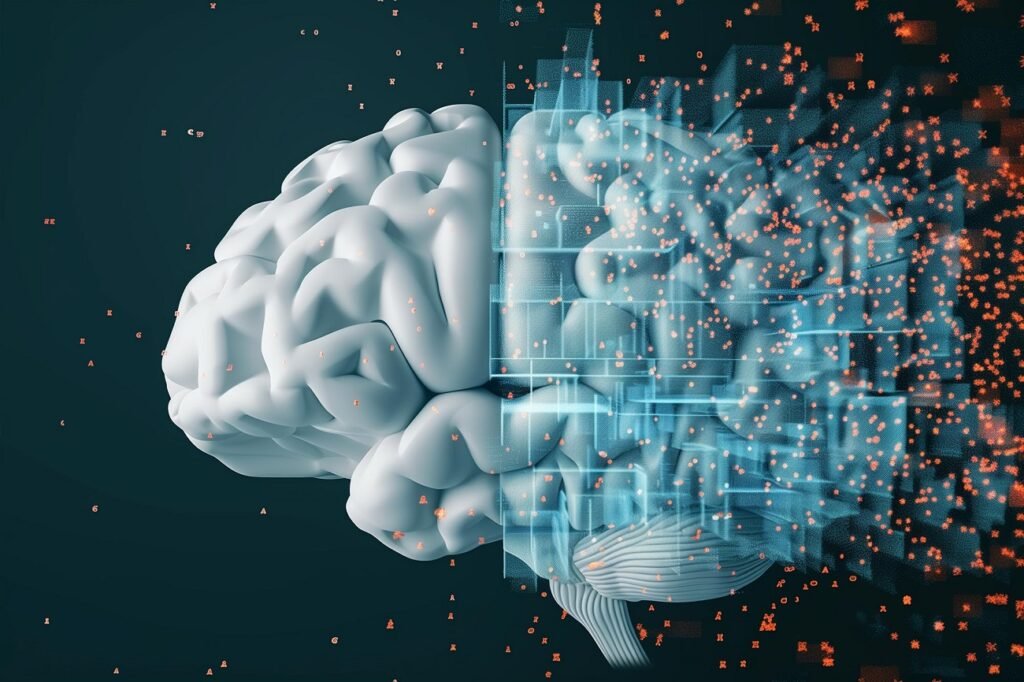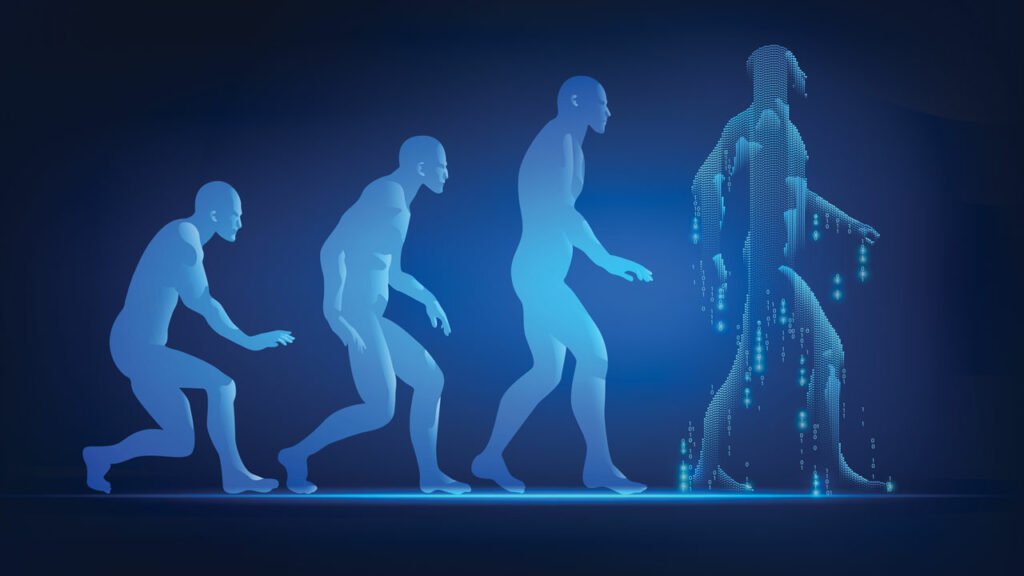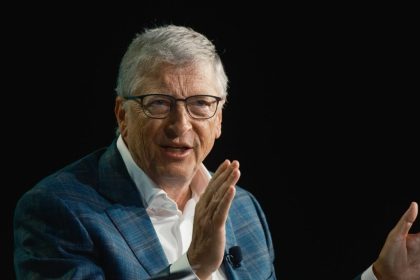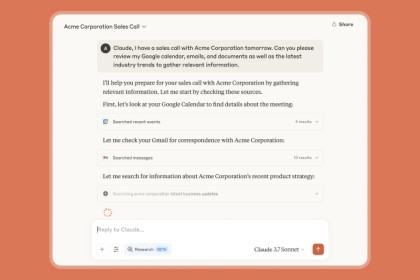Artificial intelligence is becoming more advanced day by day, and even some experts say that this technology will make humans extinct in a few decades; But even if this technology doesn’t destroy us, it will certainly affect us evolutionarily. Since artificial intelligence entered the daily life of most of us, we were able to carry out some boring or complex tasks on this technology; Perhaps at first glance artificial intelligence has come to our aid, but will artificial intelligence benefit humans from an evolutionary point of view? A new research looks at this issue from an evolutionary perspective and gives interesting results.
According to the Live Science report, Robert C. Brooks from the Center for Evolutionary and Ecology Research at the University of New South Wales, Australia, in his new research, explores the many ways in which artificial intelligence can change physical, biological, and social environments and how can affect natural selection, has investigated.
Effects of artificial intelligence on human evolution
Natural selection—the mechanism that drives evolution—works on the basis of genetic differences in reproduction. These differences arise as a result of interactions with physical features of the environment (such as temperature), with other species (such as predators or parasites), and with other members of the same species (such as mates, allies, or enemies).
For example, about 30,000 years ago, when humans started killing Asian gray wolves, the aggressive genes of these wild animals were silenced and the process of their domestication began. The unintended selection that turned wolves into dogs can give us insight into how artificial intelligence may inadvertently shape the evolution of the human brain and behavior.
In general, predicting the future, especially in the field of artificial intelligence, may not be so optimistic. However, different scenarios may occur. In the future, the relationship between artificial intelligence and humans is likely to be reciprocal: two species that each provide what the other needs.

Currently, artificial intelligence works for the benefit of human users and has various advantages for us. These benefits will increase with the advancement of artificial intelligence. However, there is currently evidence that shows that artificial intelligence makes humans no longer need to memorize and think; As a result, the human brain will shrink over thousands of years. In other words, if artificial intelligence does the work of our memory and reminds us of past events and future plans, our biological memory will remain unused and deleted for thousands of years.
However, Robert Brooks says that we should not panic about this distant future. Humans will still be able to do extraordinary intellectual tasks, but not alone, but AI must be constantly by their side.
Another evolutionary aspect of artificial intelligence is the growth of “artificial intimacy”. This technology will eventually be able to mimic our social behaviors such as making friends and creating intimate relationships. So much so that human and real intimacy can no longer be separated from artificial intimacy. Artificial intimacy can turn humans into isolated beings.
Robert Brooks’ article is published in the journal The Quarterly Review of Biology.
RCO NEWS

















